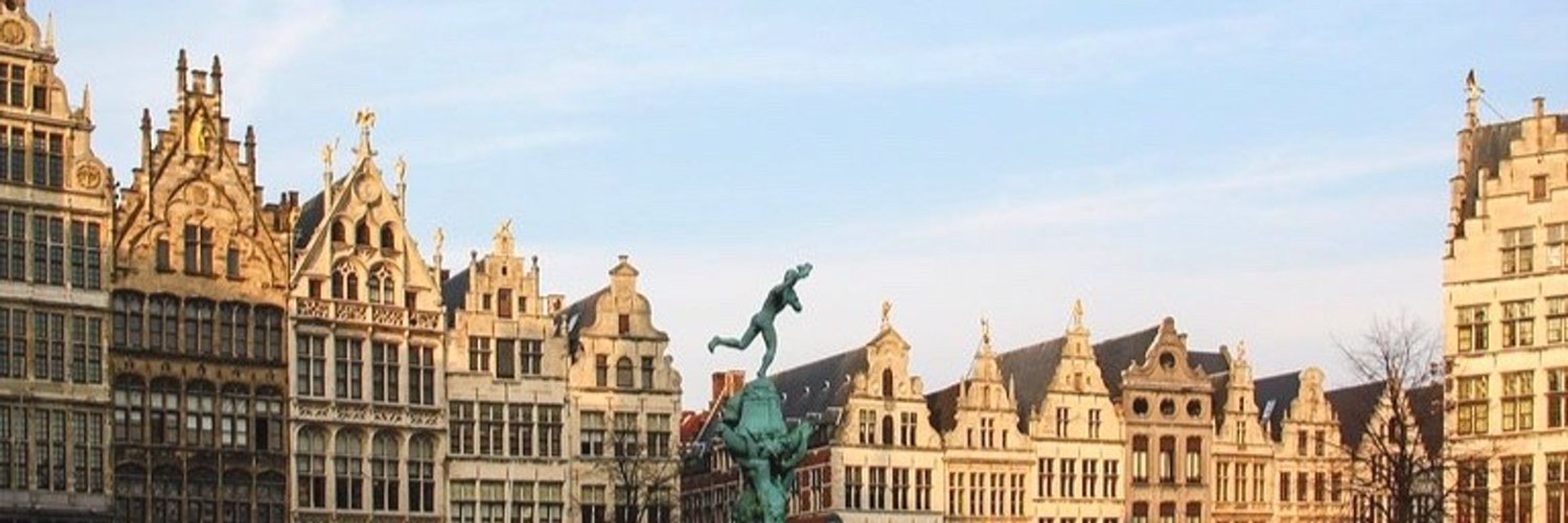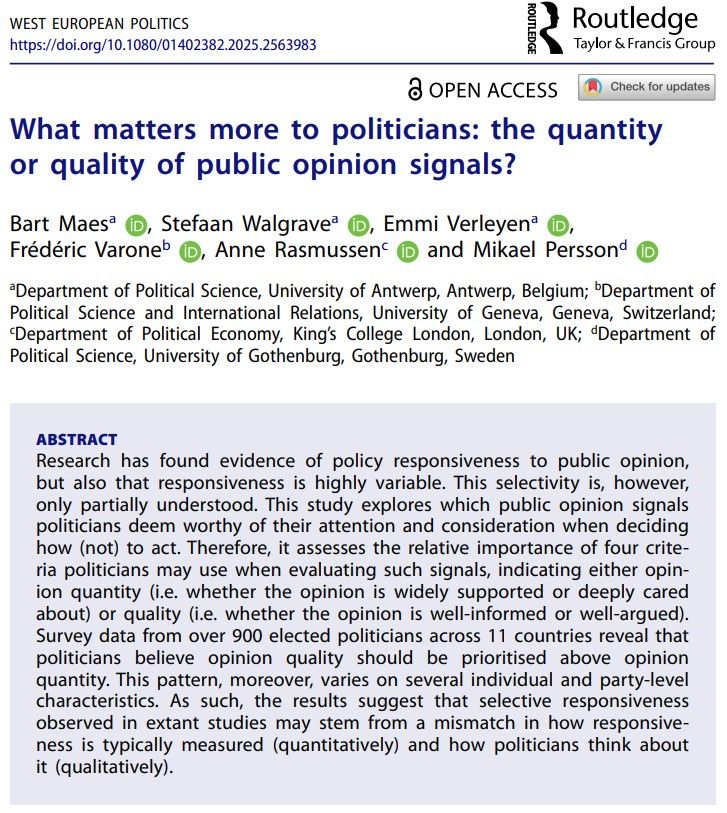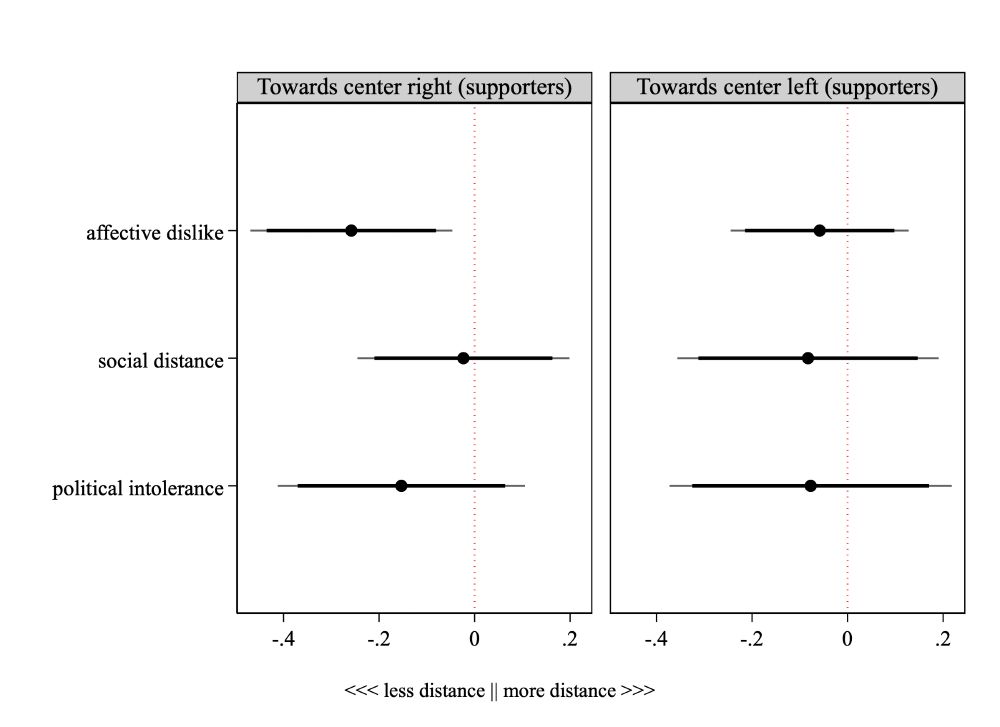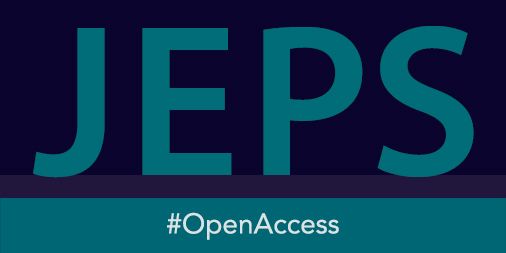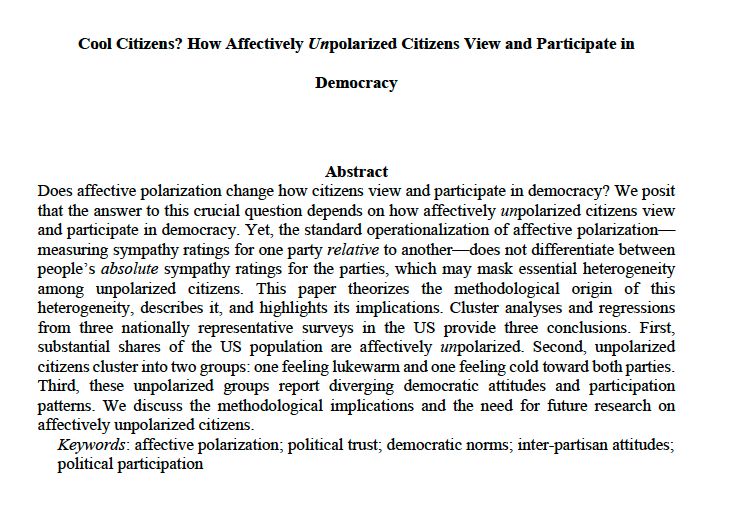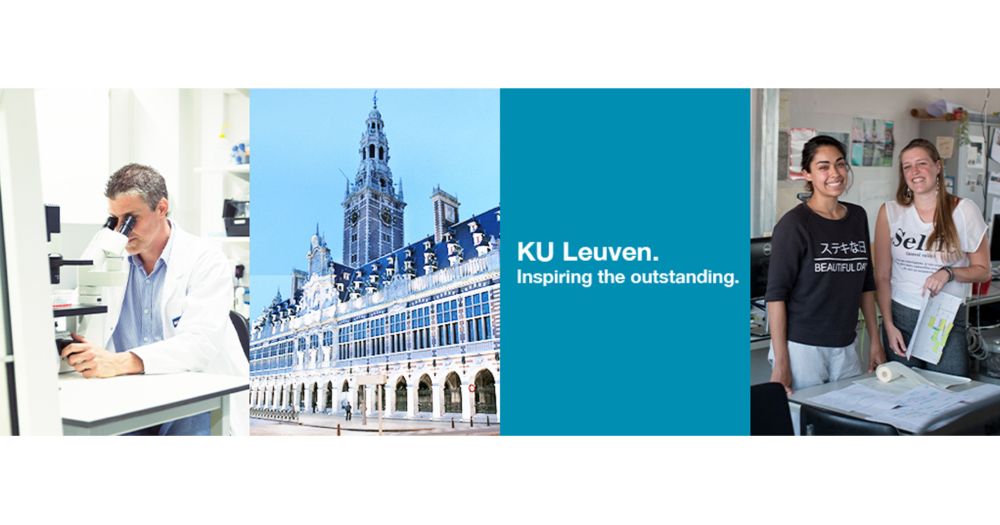Jochem Vanagt
@jochemvanagt.bsky.social
410 followers
250 following
21 posts
PhD Candidate in Political Science | KU Leuven & University of Antwerp @m2p-antwerp.bsky.social | affective polarisation, radical-right voting & democratic support | https://jochemvanagt.github.io
Posts
Media
Videos
Starter Packs
Pinned
Reposted by Jochem Vanagt
Het Parool
@parool.nl
· 1d

Opinie: ‘Zo gepolariseerd is Nederland helemaal niet – maar dit hardnekkige beeld heeft wél gevolgen’
In politiek Den Haag en aan de talkshowtafels wordt veel gesproken over de ‘toegenomen polarisatie’ in Nederland, maar in werkelijkheid valt dat reuze mee, stellen vier onderzoekers van Wageningen University & Research. Het is volgens hen een hardnekkig verhaal, dat wél gevolgen kan hebben.
www.parool.nl
Reposted by Jochem Vanagt
Reposted by Jochem Vanagt
Reposted by Jochem Vanagt
Reposted by Jochem Vanagt
Reposted by Jochem Vanagt
Reposted by Jochem Vanagt
Reposted by Jochem Vanagt
Reposted by Jochem Vanagt
Reposted by Jochem Vanagt
Reposted by Jochem Vanagt
Linde Stals
@lindestals.bsky.social
· Jul 1

Political Trust and Electoral Behavior Among 16- and 17-Year-Old First-Time-Voters in Belgium
Abstract. Citizens’ electoral behaviors tend to persist over time and are driven by long-standing political attitudes acquired during the formative years o
academic.oup.com
Reposted by Jochem Vanagt
Reposted by Jochem Vanagt
